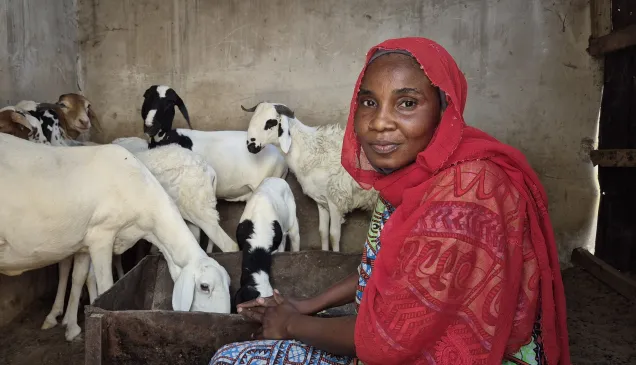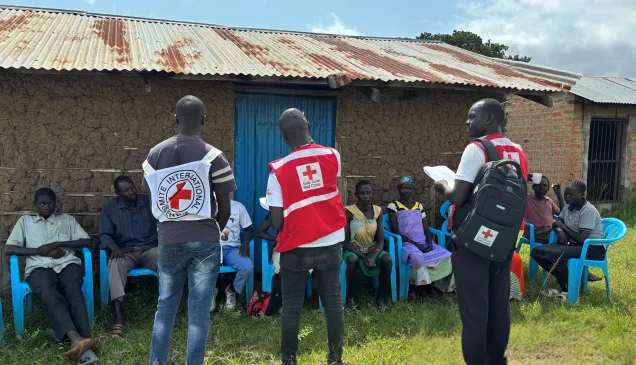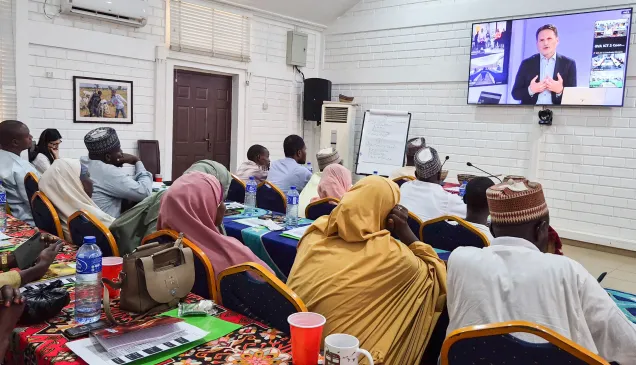Nigeria: Facts and figures from January to June 2020

The severity of the humanitarian situation in Nigeria has been further exacerbated with the onset of COVID-19 in February 2020 and its subsequent spread. The virus has since spread to all 37 states of the country with serious impact on daily lives.
At the same time, people continue to suffer displacement due to armed conflict and other situations of violence. In the north-east alone, the number of people needing humanitarian assistance has risen from 7.9 million to 10.6 million due to COVID-19 (source-OCHA). Camps for displaced people and host communities are stretched to capacity with overcrowding becoming a common feature.
In Nigeria's north-central and south-south areas, persistent communal clashes and urban violence, have left a growing number of people in dire need of basic amenities. The spread of the pandemic and the resultant lockdown worsened the difficulties of people struggling to make a living for themselves.
Furthermore, fears of stigmatization linked to COVID-19 brought to light the challenges for health care workers to reach people in need in areas where access to health care and mental health support is already precarious.
The ICRC has adapted its response to the new situation. It remained committed to ensuring that humanitarian needs are still being met in a manner that reduces risks to a population that is already vulnerable. To do this, it immediately incorporated COVID-19 preventive measures during humanitarian interventions such as social distancing, handwashing and mask-wearing.
The pandemic has brought to the fore the particular vulnerabilities of people affected by war and violence.
-Eloi Fillion, head of delegation, International Committee of the Red Cross (ICRC), Nigeria.
Highlights of our work in Nigeria from January to June 2020:
 |
294,215 medical consultations were carried out in 23 ICRC supported Primary Health Care Centres. |
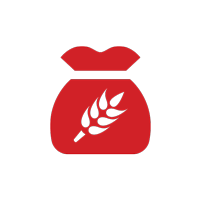 |
251,405 persons received food assistance. |
 |
5,150 returnees benefitted from the construction of permanent shelters while over 1,130 persons received shelter kits |
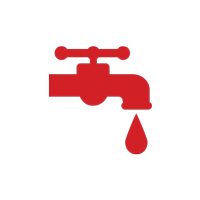 |
More than 165,115 IDPs, host community members and returnees had improved access to water in Adamawa, Benue, Borno, and Cross Rivers states. |
 |
159,405 persons were provided with agricultural support including high-quality seeds. Over 69,015 farmers in secure locations with functional markets received cash assistance. |
 |
91,085 persons received essential household items. |

